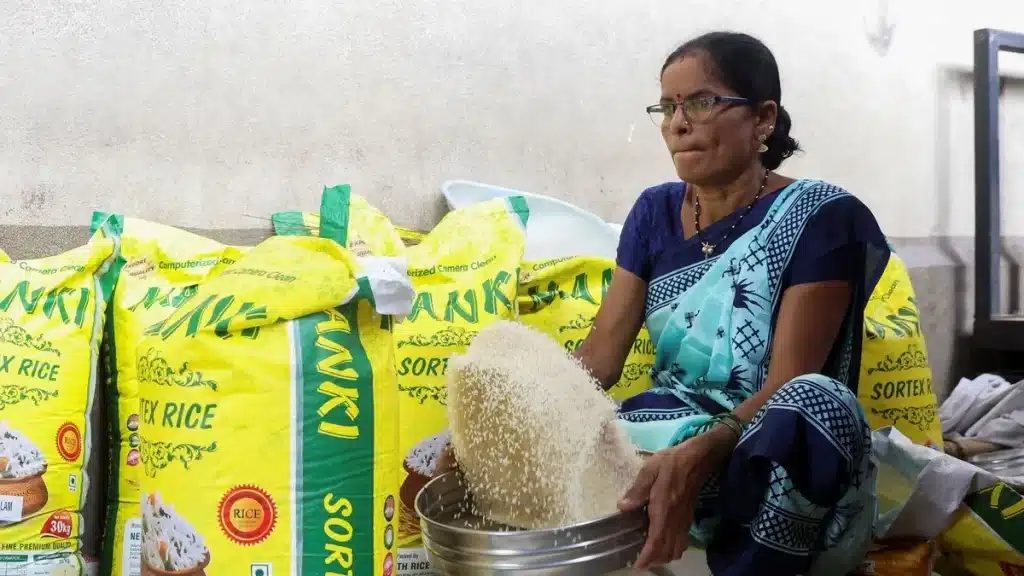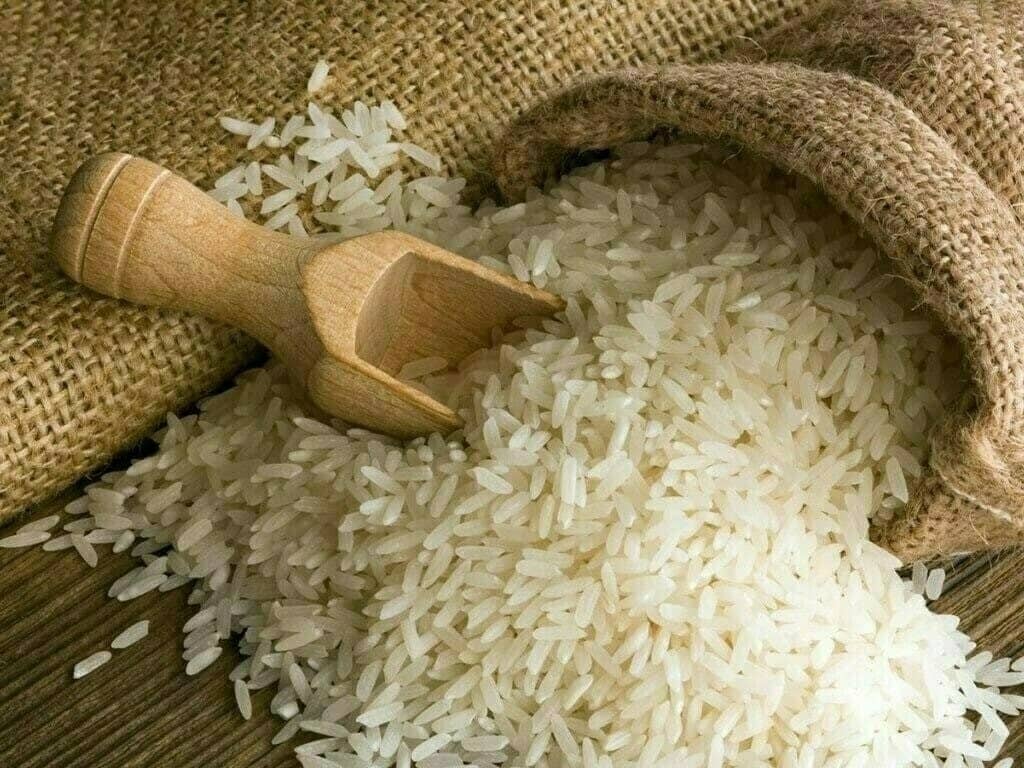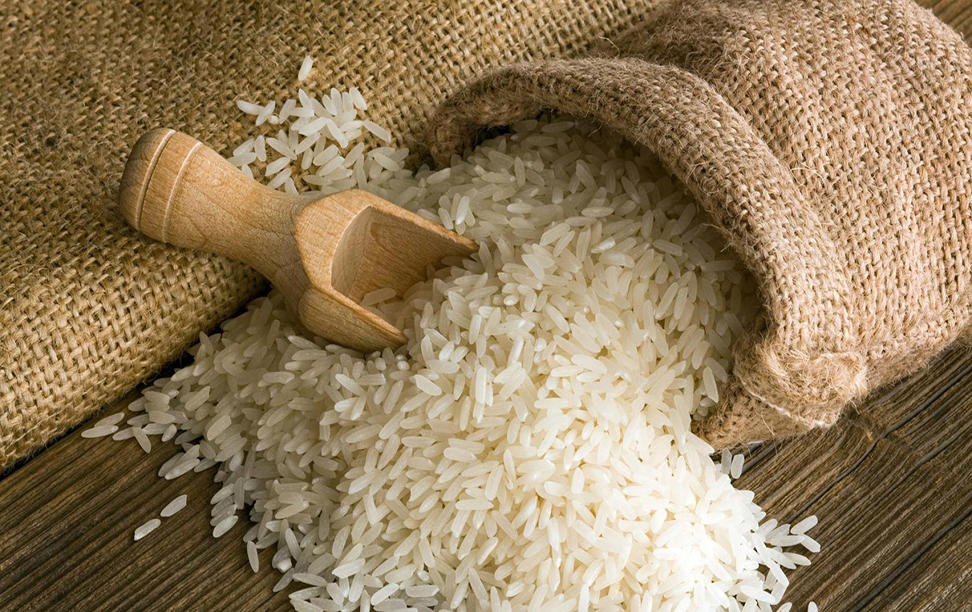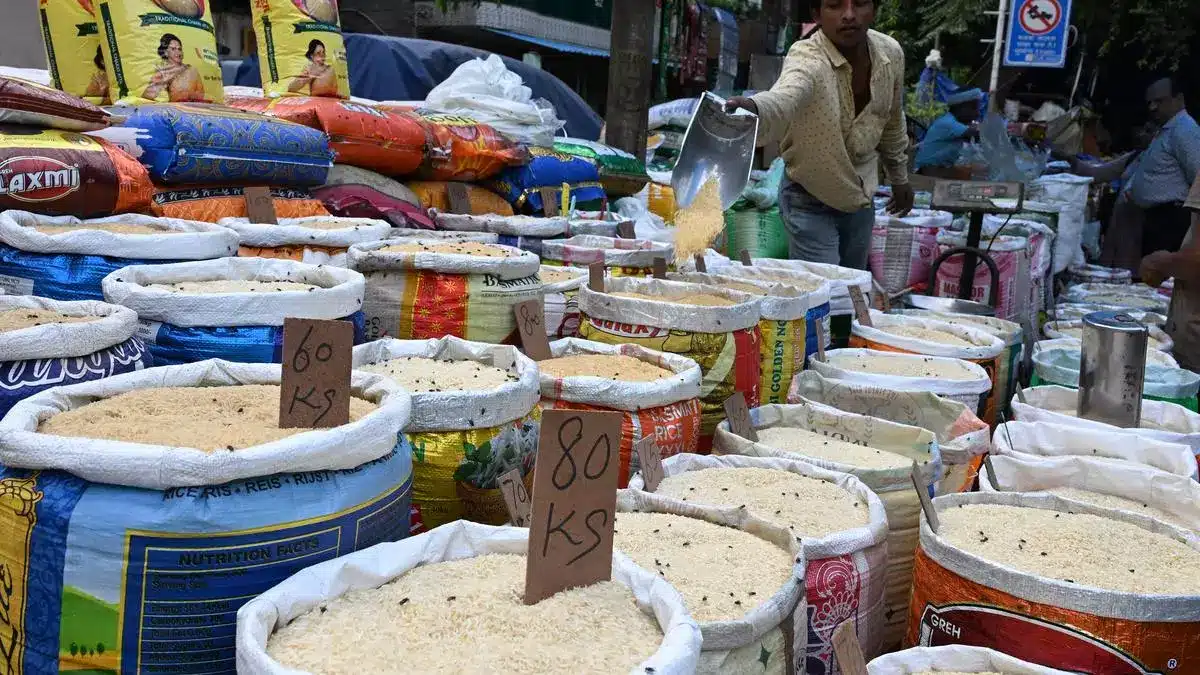Tags
Global Rice Shortage Intensified by India’s Export Bans Affects Food Security

The global rice market is currently grappling with the most significant shortage witnessed in the last two decades, a crisis exacerbated by India’s export bans on rice. This situation is causing widespread concern about food security, especially in developing nations heavily reliant on India’s rice supply.
India’s Export Bans on Rice
In September 2022, India initially banned the exports of broken rice and imposed a 20% duty on some rice varieties. This situation worsened in July 2023 when India restricted exports of its plain, white, long-grain rice, a staple food for many countries in Africa and Southeast Asia. These regions have suffered the most from India’s export constraints.
The decision to ban rice exports originates from India’s struggle with food insecurity and the need to ensure sufficient domestic availability of this staple food. Given that India contributes to 40% of the global rice market, its export bans have induced a significant spike in global rice prices. The increases range from 15% to 20%, reaching the highest levels in nearly 12 years.
Global Rice Prices and Market Impact
The surge in prices is partially due to the global increase in input costs for energy and fertilizer, which has not proportionately reflected in the market prices for rice compared to other agricultural commodities. This discrepancy has led to a volatile market and rising production costs, affecting farmers worldwide.
US rice farmers are also feeling the pinch. They are struggling to compete in government-supported foreign markets while dealing with volatile rice prices and rising input costs. To alleviate some of the financial strain on the US rice farms, Congress has approved $250 million in supplemental funding. The strategic allocation of these funds aims to prevent a collapse of rice farms, which would have severe consequences for the food supply and the economy.
India’s Food Affordability and Global Responsibility
The crux of India’s decision to maintain export bans on rice and other staples like wheat, onion, and sugar is to prioritize domestic prices and food affordability. This decision has a tremendous impact on the global rice market, leading to a 28% increase in rice prices. Importing countries, especially in sub-Saharan Africa, are grappling with potential food insecurity and instability due to these changes.
As the world’s top rice exporter, India’s trade responsibilities and decision to keep supply chains open and resilient are crucial to prevent the suffering of the world’s poorest. The export bans also negatively impact Indian farmers, emphasizing the need for transparent support for domestic consumers. The world awaits India’s next move in this unfolding global rice crisis, a decision that will inevitably reverberate through the world’s food supply chains.
https://bnnbreaking.com/world/india/global-rice-shortage-intensified-by-indias-export-bans-affects-food-security/Published Date: January 14, 2024







